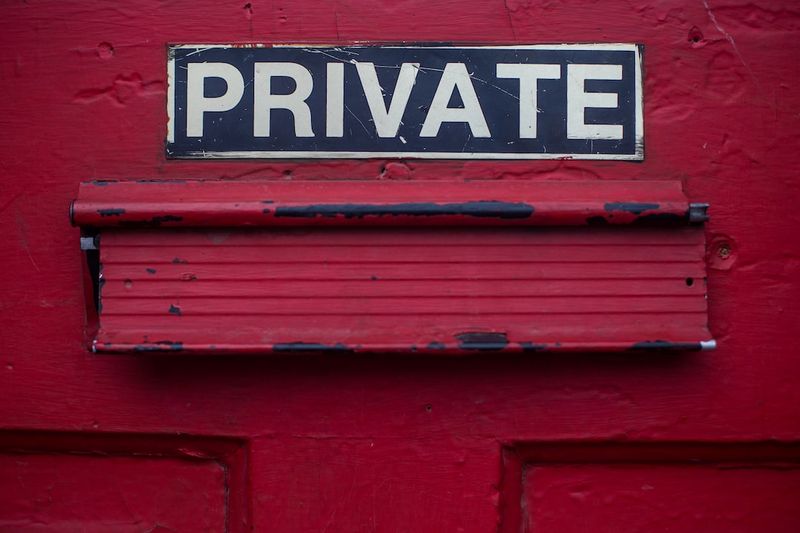Madagascar Government Accused of Domestic Surveillance Ahead of Presidential Election
Introduction
The government of Madagascar has allegedly purchased and utilized the Predator spyware to conduct political domestic surveillance in the lead-up to the country’s presidential election in November. Research conducted by cybersecurity company Sekoia indicates that this effort involved a watering hole attack, where links to download the spyware were added to WordPress blogs containing genuine articles from the Madagascan newspaper Midi Madagasikara. By disguising the malicious links with URL shorteners, unsuspecting individuals searching for legitimate news could have unknowingly downloaded the spyware onto their devices.
This revelation, while specific to Madagascar, brings to light the broader issue of nations across the Middle East, Africa, and beyond utilizing spyware to monitor their own citizens. Sekoia’s assessments have revealed that Angola’s government services have utilized the Predator spyware, while the intelligence services of Kazakhstan have also purchased and deployed it. The scope of the spyware operation extends beyond these countries, with 121 active domain names related to the infrastructure cluster of the spyware being discovered in Angola, Egypt, and the Persian Gulf.
Developed by European company Cytrox, the Predator spyware is capable of targeting both Android and Apple iOS operating systems. Recent findings by Citizen Lab, a research organization focusing on digital threats to human rights, indicate that Predator was used in zero-click attacks against targets in Egypt. These attacks involved former Egyptian MP Ahmed Eltantawy, who was redirected to malicious web pages through network-based injection when visiting non-HTTPS sites. A zero-day exploit was then utilized to install Predator on his iPhone.
The Ethical and Philosophical Dilemma
The use of spyware by governments to conduct domestic surveillance raises significant ethical and philosophical questions about the balance between security and privacy. While governments argue that such measures are necessary for national security and maintaining law and order, their actions often infringe upon the fundamental rights of citizens to privacy and freedom of expression. The potential for abuse of these technologies is high, as evidenced by the misuse of the Predator spyware in several countries.
International human rights organizations and privacy advocates have long expressed concerns about the use of surveillance technologies that enable mass monitoring of citizens. The revelations in Madagascar highlight the urgent need for regulatory oversight and accountability in the acquisition and use of such spying tools. Without proper checks and balances, governments risk undermining the trust of their citizens and eroding the democratic processes that should underpin their societies.
The Controversy and Concerns
The use of the Predator spyware by the Madagascar government ahead of the presidential election has ignited controversy within the country. Opposition parties and civil society organizations have accused the government of employing unfair tactics to gain an advantage in the electoral process. Concerns have been raised about potential interference with the democratic process, as well as the violation of individuals’ privacy rights.
The watering hole attack method used by the Madagascar government is particularly concerning, as it not only targets specific individuals but also exposes a wider group of internet users to the risk of surveillance. By leveraging popular websites and disguising malicious links, spyware developers can infect the devices of unsuspecting users who are simply seeking legitimate information. This tactic highlights the need for improved cybersecurity measures, public awareness, and user education to mitigate the risks of such attacks.
The Way Forward: Seeking Accountability and Strengthening Internet Security
To address the concerns raised by the use of spyware for domestic surveillance, proactive steps must be taken at both national and international levels.
Firstly, governments worldwide should enact robust legislation that places clear restrictions on the acquisition and usage of surveillance technologies. National laws should incorporate safeguards to prevent abuse and protect citizens’ privacy rights. Additionally, independent oversight bodies should be established to monitor the implementation and compliance of these regulations.
Secondly, international cooperation is crucial to address the global nature of cyber threats. Governments, tech companies, and civil society organizations should collaborate to establish norms and standards to govern the use of spyware and other surveillance tools. An open dialogue between stakeholders is necessary to strike a balance between security concerns and individual rights.
Lastly, individuals must take an active role in safeguarding their own digital security. Regularly updating software, using strong and unique passwords, and being cautious while clicking on links are some of the basic steps that can help protect against spyware attacks. Educating the public about the risks and promoting digital literacy will empower individuals to make informed decisions and actively contribute to a safer internet environment.
In conclusion, the use of spyware by the Madagascar government to conduct domestic surveillance ahead of the presidential election highlights the broader issue of governments monitoring their citizens. It raises ethical and philosophical concerns about the balance between security and privacy. Regulatory oversight, international cooperation, and individual vigilance are necessary to ensure accountability, strengthen internet security, and protect citizens’ rights in the face of evolving cyber threats.

<< photo by Dayne Topkin >>
The image is for illustrative purposes only and does not depict the actual situation.
You might want to read !
- Open Source AI Users Face Critical ‘ShellTorch’ Flaws: Implications for Tech Giants like Google
- The Never-Ending Reign of Qakbot: Infections Persist Despite High-Profile Raid
- European Companies Complicit in Selling Spyware to Despotic Regimes
- “Examining the Impact of Cisco’s Fix for Emergency Responder Software Vulnerability”
- The Increasing Need for Secure IAM Practices: Insights from CISA and NSA
- Insurance Companies Under Siege: Unraveling the High Stakes of Cyberattacks
- Weaponizing Windows Installers: Graphic Designers Targeted in Crypto Heist
- EU Spyware Firms Grapple Under US Export Restrictions
- The Rise of 8Base: A Global Threat to Small Businesses
- Battling Dark Espionage: Unveiling a Rare iOS Exploit Chain Targeting Egyptian Organizations
- Privacy Watchdog Calls for Judicial Oversight on FBI Searches of Spy Data
- The Alarming Exposure: Millions of Files Unveiling Potentially Sensitive Information




